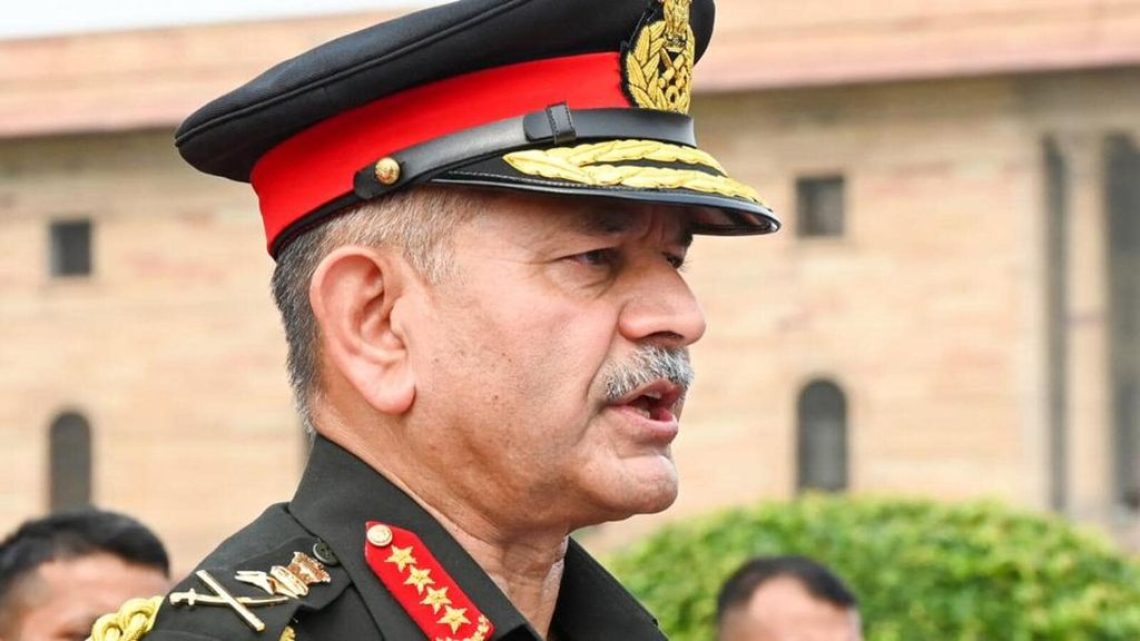
Israel’s Appalling Tactics: India Army Chief’s Dangerous Endorsement
October 20, 2024General Upendra Dwivedi, India’s Chief of the Army Staff, displayed shocking ignorance during a recent interview. Defending Israel’s use of booby-trap weapons in Lebanon, he termed it a “masterstroke.” This is alarming.
India is a signatory to the Convention on Certain Conventional Weapons (CCW), which explicitly prohibits such weapons. Yet, General Dwivedi seems completely oblivious to this fact. He is not merely echoing the Indian government’s silence on these violations but making dangerous endorsements.
On September 17, 2024, Israel’s tactics resulted in simultaneous detonations of thousands of pagers in Lebanon, killing 12 and injuring around 3,000. The chaos spilled over into Syria, injuring another 14. This wasn’t a surgical strike; it was a mass slaughter.
The operation aimed at Hezbollah but wreaked havoc on civilians. Detonations occurred indiscriminately, claiming lives in homes, cars, and public spaces. The following day, more attacks using handheld devices killed 20 and injured 450.
Reports confirm the operation’s orchestration by Israeli intelligence agencies, including Mossad. Defense Minister Yoav Gallant’s comments on the operation showed pride in this reckless violence. How can anyone justify such a blatant disregard for human life?
Hezbollah unwittingly provided Israel with the means to carry out these attacks. They had procured pagers from a Taiwanese company, which turned out to be part of an elaborate Israeli setup. According to the New York Times, these devices were manufactured by a shell company linked to Israeli intelligence.
The pagers, modified to include explosive PETN, were engineered for destruction. Three grams of this explosive were enough to cause massive devastation. Similarly, handheld radios that supposedly bore a reputable Japanese brand were also rigged with explosives.
It was reported that these devices weren’t authentic Icom products but cheap knock-offs, further emphasizing the deception involved. This operation’s complexity speaks volumes about Israel’s willingness to employ underhanded tactics to achieve its aims.
Lebanon’s Prime Minister, Najib Mikati, condemned these attacks as a severe breach of sovereignty. The UN’s Office of the High Commissioner for Human Rights called the manipulations “terrifying” violations of international law. The simultaneous detonation of devices, indiscriminate in nature, could very well constitute war crimes.
Yet, General Dwivedi’s approval of Israel’s methods is disturbing. He glorifies these atrocious tactics as strategic brilliance. This mindset reflects a dangerous trend that dismisses human life for political gain.
By praising such acts, the Indian military leadership risks normalizing brutality in international relations. This not only undermines India’s commitments under international law but also tarnishes its reputation on the global stage.
In a world wrestling with violence and chaos, endorsing such tactics is not just reckless; it is morally reprehensible. General Dwivedi must be realized about the implications of his callous words and the stance they represent.

